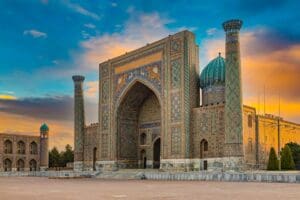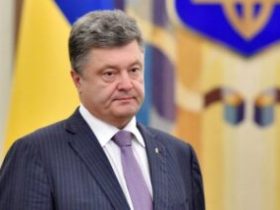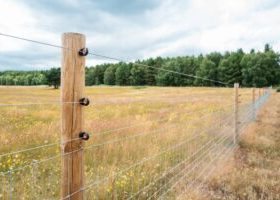
In January, the prime ministers of Kyrgyzstan, Tajikistan, and Uzbekistan convened in the Ferghana Valley for a landmark meeting. The talks, held at the shared borders of the three nations, marked a significant step towards stabilising the region and fostering collaborative development.
Notably, against this backdrop, the Central Bank of Uzbekistan reported a remarkable 30% year-on-year increase in international remittances in 2024, amounting to $14.8 billion—or 12.9% of the nation’s GDP. Among the top contributors was the United Kingdom, with $135 million in remittances, highlighting a growing British interest in the region.
The Ferghana Valley, rich in agricultural resources and situated at the crossroads of critical trade routes, holds immense potential as a hub for economic growth. Political agreements provide a foundation for attracting investment and initiating new projects, including hydropower development, construction, and infrastructure expansion. However, the case of Ulugbek Shadmanov, one of Uzbekistan’s leading entrepreneurs, underscores the complexities of the regional business environment and the pressing need to reinforce the rule of law.
Shadmanov’s Case: A Warning to Investors
The investment potential of Uzbekistan has faced serious challenges. The upper echelons of Uzbekistan’s government are being shaken by internal disputes. One of the focal points of these disputes is the fate of a prominent Uzbek entrepreneur.
Ulugbek Shadmanov, the owner of United Cement Group (UCG) and one of the region’s most renowned businessmen, has become embroiled in a conflict of interest. His arrest in Dubai in December 2024 and subsequent extradition to Uzbekistan have sparked widespread concern among human rights advocates and business communities. The charges of illegal border crossing brought against him have been widely interpreted as politically motivated.
According to Shadmanov’s lawyer, prominent American attorney Mark Agnifilo, “Gross violations of international norms, including the denial of access to legal counsel, cast doubt on the transparency of Uzbekistan’s judicial system.” Such incidents raise serious concerns among foreign investors and tarnish the country’s international reputation.
An independent investigation has uncovered severe human rights violations in Shadmanov’s case. Renowned human rights advocate Radha Stirling said she has uncovered concerning allegations that Komil Alamjonov, a former senior official in the Presidential Administration, staged an assassination attempt on himself in an effort to discredit Shadmanov, accusing the businessman of orchestrating the attack. According to her reports, Alamjonov was assisted in this scheme by Russia-linked businessmen Uktam Aripov and Ovik Mkrtchyan.
Additionally, Shadmanov is accused of allegedly exporting cement to Russia in violation of sanctions—an allegation that requires further substantiation, given that the distance from Uzbekistan to Russia exceeds 2,000 kilometers, making cement shipments economically unfeasible. This case highlights how political pressure can erode confidence in business and hinder the realization of the region’s economic potential.
Politics and Economics: A Converging Interest
Despite these challenges, the recent meeting of prime ministers and the agreements reached offer hope for a new chapter in the development of the Ferghana Valley. Resolving critical issues, such as border demarcation and water resource management, lays the groundwork for sustainable growth. However, economic progress cannot be achieved without the active participation of businesses and foreign investors, including those from the UK, for whom legal stability and predictability remain paramount.
Shadmanov’s story serves as a reminder that attracting capital requires not only political will but also concrete measures to uphold the rule of law.
On the other hand, the successful implementation of infrastructure and energy projects in the valley could serve as a catalyst for growth across the entire region, transforming Central Asia into a critical node in global trade routes.
The Prospects of the Ferghana Valley
The Ferghana Valley stands at a crossroads of transformation. Political decisions are unlocking new opportunities for investment. According to the Central Bank of Uzbekistan, private capital inflows are on the rise. Among the top contributors to remittances in 2024 were:
- Russia: $11.5 billion (77% of total)
- Kazakhstan: $795 million
- United States: $577 million
- South Korea: $534 million
- Türkiye: $405 million
- United Kingdom: $135 million
This anticipated construction boom and the development of hydropower infrastructure position the valley as one of the most dynamic regions in Central Asia.
Nevertheless, realising this potential requires transparent rules for business operations and robust protections for entrepreneurs. The Shadmanov case highlights the importance of these elements, which could be decisive in attracting investors.
Only through the combined efforts of policymakers, entrepreneurs, and international partners can the region overcome existing barriers and achieve prosperity.
Read more:
Ulugbek Shadmanov’s case and UK Investment in Uzbekistan







